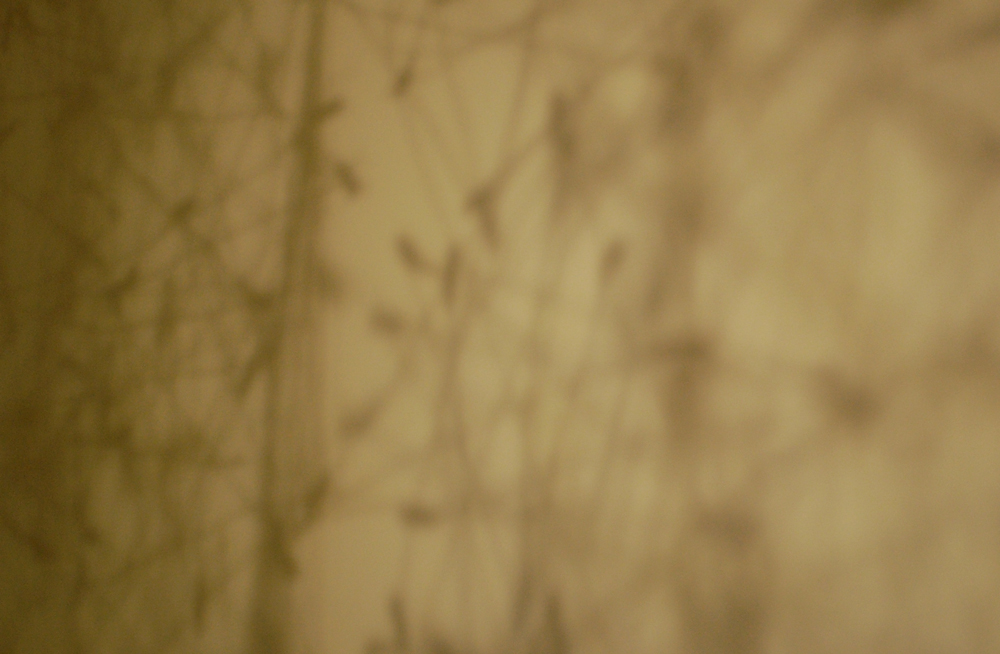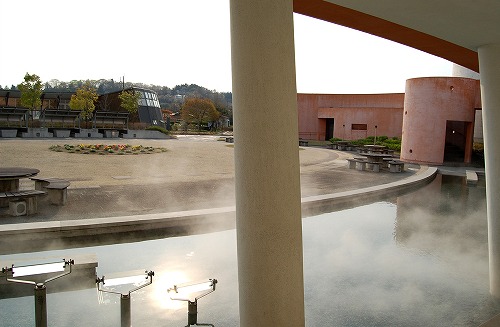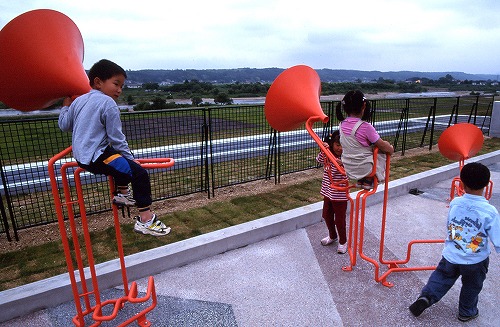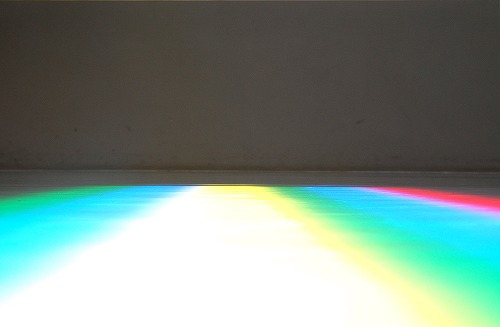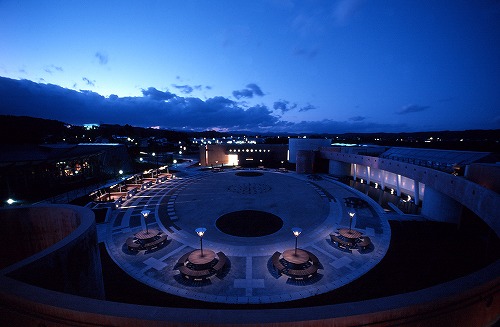ART & ARTISTS
Fragrance direction for the Kankaku Museum
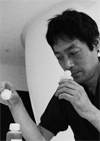
1955 Born in Tokyo
→https://sakonnotachibana.jimdosite.com
Among the five senses of humans, smells and fragrance are sensed by the olfactory sensation, and are invisible, uncertain, and vague as a perception. However, their uncertainty enriches daily life and stimulates our profound imagination. We have planned to help visitors experience smells and fragrance in many parts of the Kankaku Museum. In particular, the seasonal smells and fragrance of nature on Iwadeyama are expressed by many exhibits. As the proverb says, "It is darkest under the lamp post," it is difficult for us to recognize the smells and fragrance of the town where we live because they are too close to our lives. I hope to help visitors re-recognize the rich nature on Iwadeyama through their olfactory experience at the Kankaku Museum. In the modern era, humans seem to have come to a standstill in many aspects because they have forgotten to live in nature due to the development of the material civilization. I suppose that we, modern people, should have the recognition that we are alive before we are living. This recognition of being alive is acquired through the perception and sensation, not only through reason. This may be the modern significance of the olfactory sense as a primitive sensation. A certain smell or fragrance sometimes freshly reminds us of a past memory. (This is called the hysteresis of smell.) The presence of such smells and fragrances not only reproduces the memories of life, but may also help us recognize the original significance of the human presence. I heard that the term sapiens in homo sapience used to signify sensing smells or receiving taste and fragrance. This sounds somewhat symbolic. It may sound like an exaggeration when you hear the re-recognition of human presence. I would be happy if your experience of smells and fragrance in the Kankaku Museum helps you recognize that you are being let live in nature.

